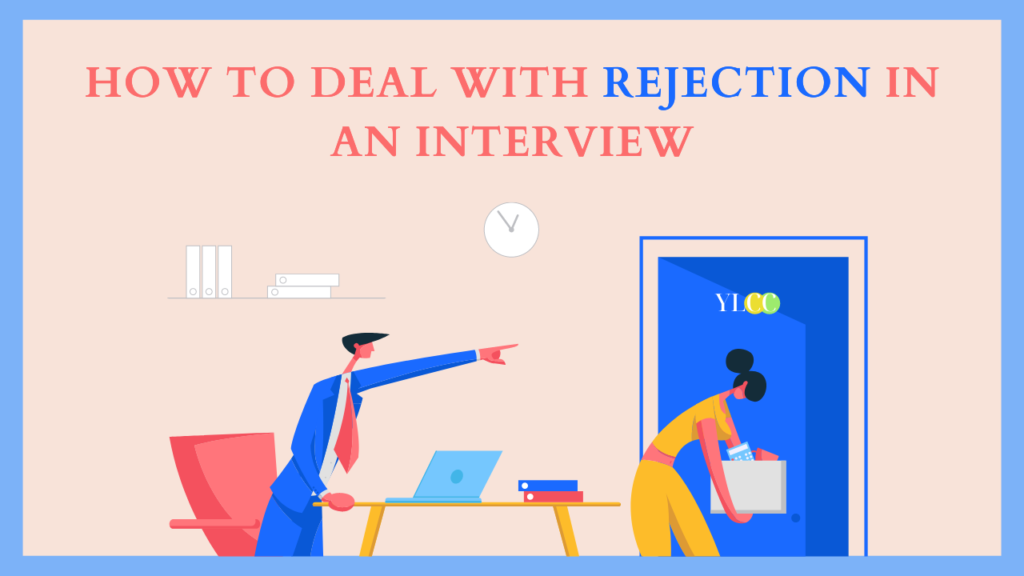Introduction: The AI Revolution Is Here
Artificial Intelligence is no longer just a futuristic concept—it’s reshaping industries, businesses, and our daily lives in real time. From self-driving cars to generative AI tools like ChatGPT and Midjourney, the AI boom is in full force. Companies, from tech giants like Google, OpenAI, and Meta to AI-driven startups, are investing billions into artificial intelligence, making the AI boom opportunities for engineers some of the most exciting in today’s job market.
For engineers, especially those in machine learning (ML) and AI, this boom is creating golden opportunities. The demand for skilled AI engineers is skyrocketing, salaries are higher than ever, and the number of available positions far outweighs the supply of qualified professionals. If you're considering a career in AI or preparing for ML interviews, there has never been a better time to dive in.
1. The AI Talent Shortage: Why Companies Are Desperate for Engineers
The AI boom has created an urgent need for skilled engineers, but the talent pool hasn’t kept up. Companies are struggling to find engineers proficient in machine learning, deep learning, and MLOps. This supply-demand gap is reflected in salary trends and hiring competition:
AI engineers are among the highest-paid professionals in tech. Entry-level machine learning engineers can command salaries of $150K-$200K, while experienced AI researchers and engineers at top firms often make $300K-$500K+, including stock options and bonuses.
Job openings in AI are increasing at an unprecedented rate. According to LinkedIn’s Emerging Jobs Report, AI-related roles have grown by 74% annually in recent years.
Companies are hiring aggressively. OpenAI, Google DeepMind, and Anthropic are in an AI arms race, snapping up top talent with lucrative offers.
This means engineers with ML and AI expertise have significant leverage in the job market. The right preparation can open doors to opportunities that were once only available to PhDs and research scientists. Companies are no longer only looking for academic excellence but are instead emphasizing real-world problem-solving skills, experience with productionizing models, and the ability to adapt to rapidly evolving AI technologies.
Why is there a shortage of AI engineers?
The AI talent gap can be attributed to several key factors:
Fast-Paced Evolution of AI – The AI landscape is evolving so quickly that university curriculums can’t keep up. Engineers need to self-learn and upskill continuously to stay relevant.
High Barriers to Entry – Unlike general software engineering, AI and ML require expertise in statistics, data science, and domain-specific problem-solving, making it harder for engineers to transition.
Increased Demand Across Industries – AI is no longer confined to tech companies. Industries such as healthcare, finance, and even agriculture are investing in AI, increasing demand for skilled professionals.
If you’re an engineer looking to pivot into AI, focusing on real-world applications and hands-on learning can significantly boost your chances of landing a high-paying AI job.
2. The Explosion of AI-Powered Products and Industries
AI is no longer confined to Big Tech. Almost every industry is leveraging AI in some form, creating massive hiring needs for engineers. Here are a few examples:
Healthcare: AI is being used for medical imaging, drug discovery, and personalized treatment plans. Companies like IBM Watson Health and Tempus are leveraging AI to diagnose diseases faster and with higher accuracy than human doctors.
Finance: Hedge funds and banks are deploying AI-powered algorithms for fraud detection, risk assessment, and trading. JPMorgan Chase, for example, uses AI to prevent fraudulent transactions and improve customer insights.
Gaming & Entertainment: AI is revolutionizing game development, animation, and personalized recommendations (e.g., Netflix and Spotify). Companies like Unity and NVIDIA are integrating AI to create lifelike game experiences and intelligent NPCs.
Retail & E-commerce: AI chatbots, recommendation engines, and inventory management systems are becoming the norm. Amazon and Walmart use AI for demand forecasting, supply chain optimization, and customer service chatbots.
The proliferation of AI in various sectors means that the demand for engineers with AI expertise is no longer limited to traditional technology firms. Engineers who can fine-tune models, optimize AI pipelines, and deploy models at scale will continue to be highly sought after across industries.
3. The Rise of AI Startups and VC Investments
The AI startup ecosystem is thriving, fueled by billions in venture capital. In 2023 alone, AI startups attracted over $50 billion in funding. Venture capital firms are betting big on AI-driven innovation, and many of these startups are aggressively hiring ML and AI engineers to build cutting-edge products.
Some notable AI startup success stories include:
Anthropic: Raised over $4 billion to build safer AI models, focusing on AI alignment and ethical AI development.
Hugging Face: Became the go-to platform for AI model sharing and development, providing accessible AI tools and libraries for engineers worldwide.
Mistral AI: A European startup valued at over $2 billion within its first year, known for developing open-weight AI models.
AI startups move fast and need talented engineers quickly. If you’re looking for an opportunity to work on cutting-edge AI projects, a startup could be your best bet. Unlike traditional tech giants, startups offer engineers more autonomy, exposure to end-to-end product development, and the chance to make a significant impact early on.
4. The Evolution of ML Interviews: Companies Raising the Bar
As AI hiring increases, companies have also raised the bar for ML interviews. Unlike traditional software engineering interviews that focus on algorithms and system design, ML interviews now cover:
Deep Learning & LLMs: Candidates are expected to understand and optimize large language models (e.g., transformers, diffusion models).
MLOps & Deployment: Companies want engineers who can train, fine-tune, and deploy AI models at scale.
Math & Statistics: Advanced knowledge of probability, statistics, and optimization techniques is crucial.
Real-World Applications: Candidates may be given open-ended problems where they must design AI-powered solutions.
If you’re preparing for ML interviews, understanding these trends is critical. Platforms like InterviewNode help engineers master the skills needed to excel in today’s AI hiring landscape.
5. How to Prepare for ML Interviews in 2024
If you want to land a job in AI, preparation is key. Here are some actionable steps:
1. Strengthen Your Fundamentals
Master machine learning algorithms, deep learning architectures, and LLM fine-tuning.
Brush up on probability, linear algebra, and optimization techniques.
2. Gain Hands-On Experience
Work on AI projects and contribute to open-source ML repositories.
Train and deploy models using Hugging Face, TensorFlow, or PyTorch.
3. Practice ML Interviews
Use InterviewNode to get mock interviews and real-world ML problems.
Review coding problems from Leetcode and system design for AI pipelines.
Conclusion: Now Is the Best Time to Be an AI Engineer
The AI revolution is just getting started, and opportunities for engineers have never been better. Whether you want to work at a tech giant, an AI startup, or even launch your own company, the possibilities are endless. The key is preparation—understanding the latest ML trends, practicing interview skills, and staying ahead of the competition.
If you’re serious about landing an ML job, now is the time to take action.
Check out InterviewNode to get expert guidance on ML interviews and start your journey toward an exciting AI career.






